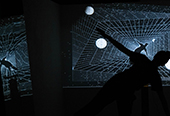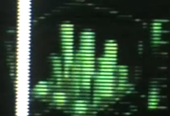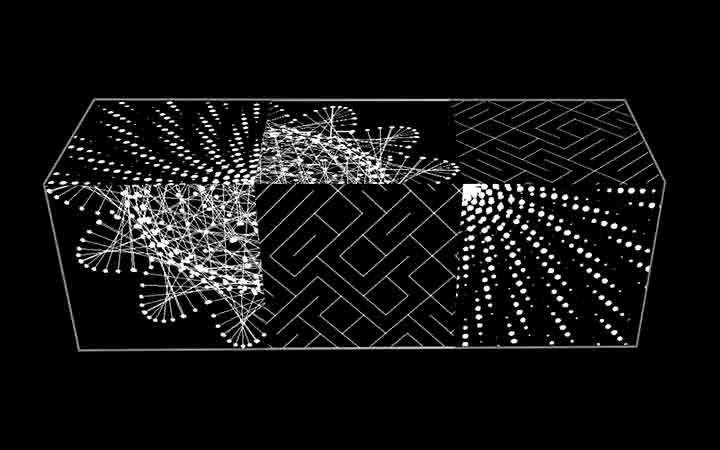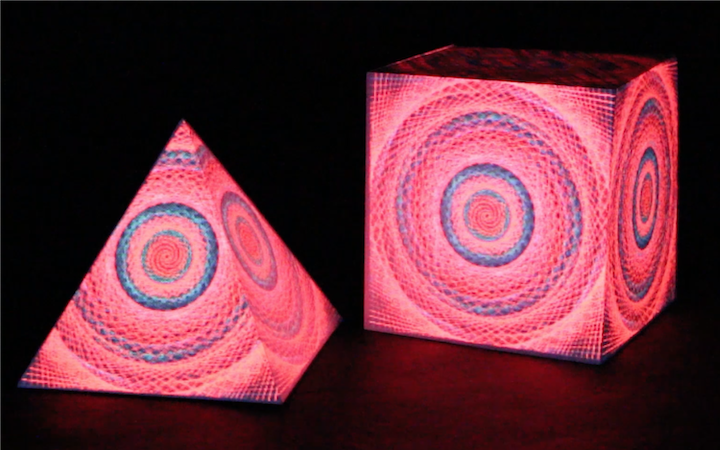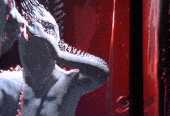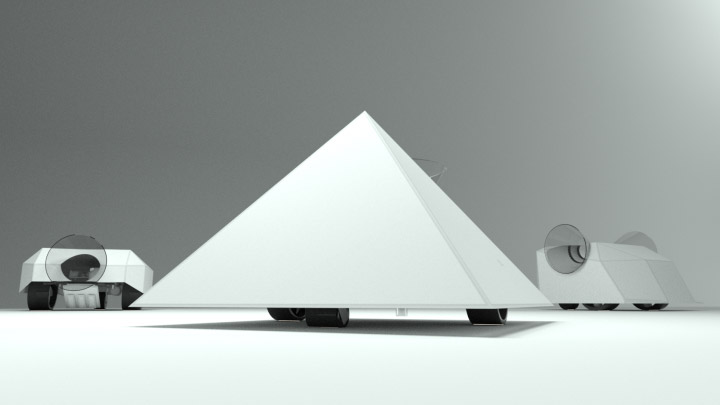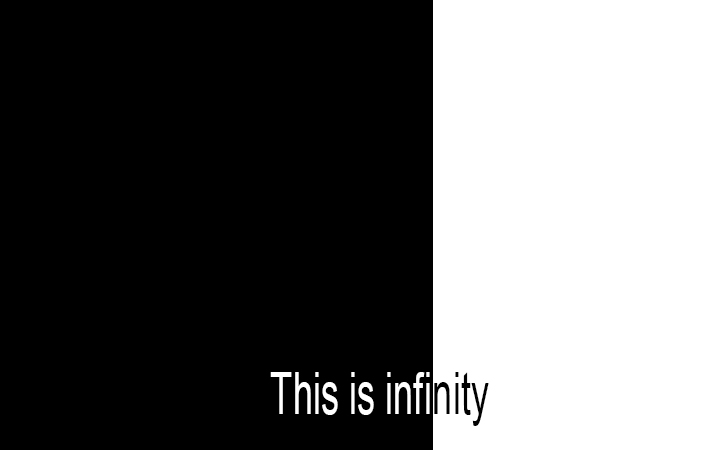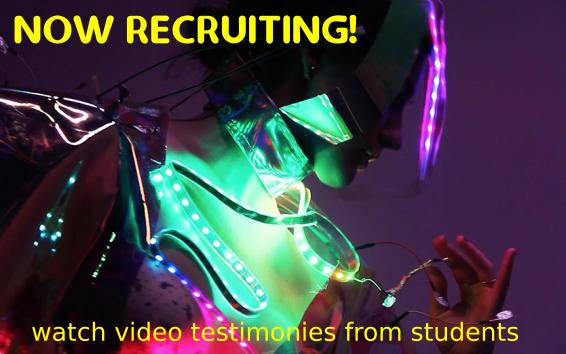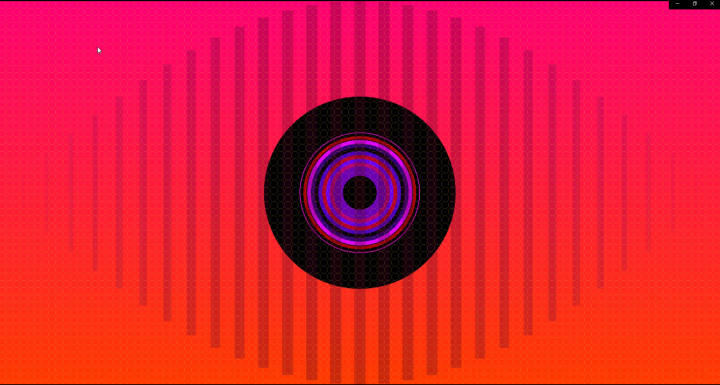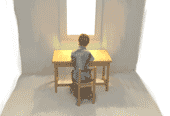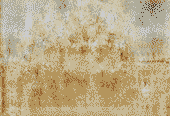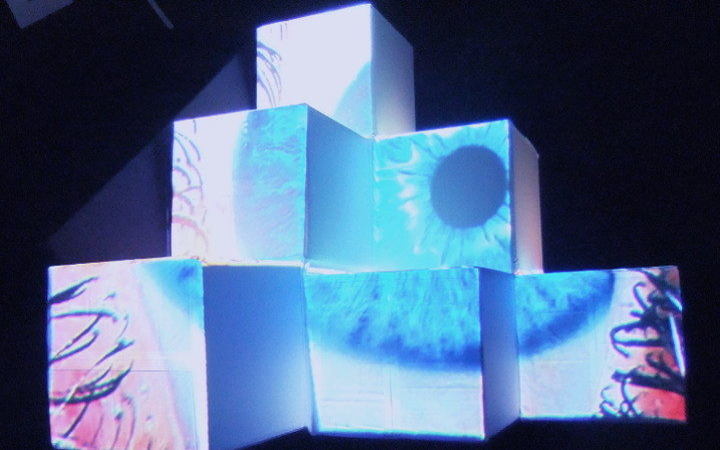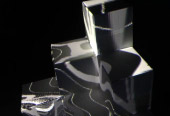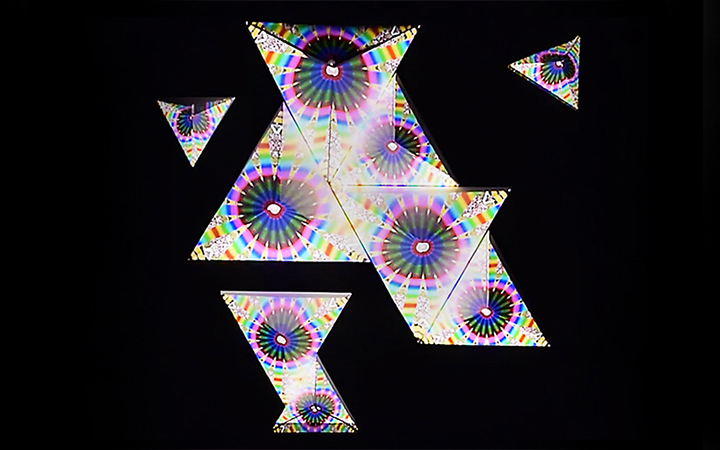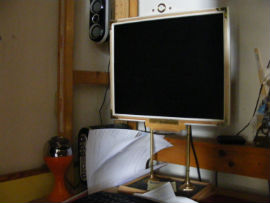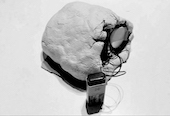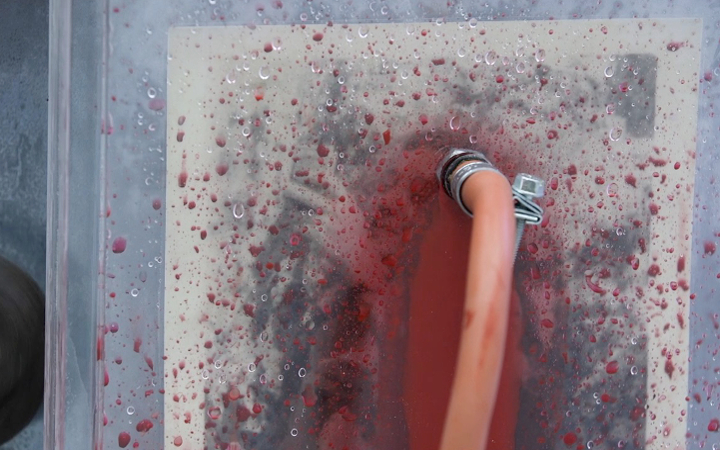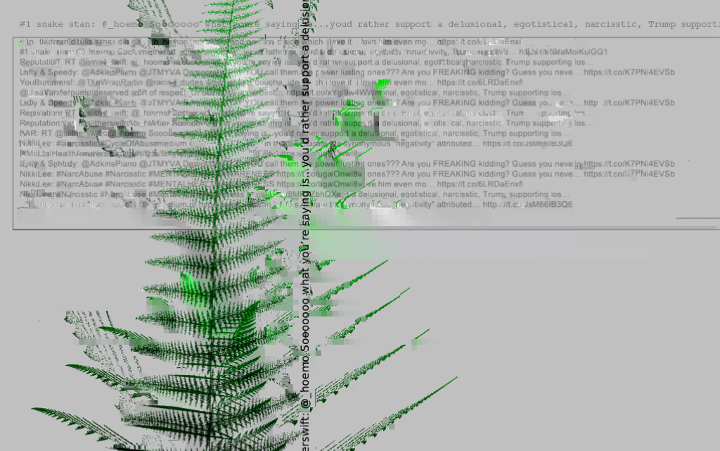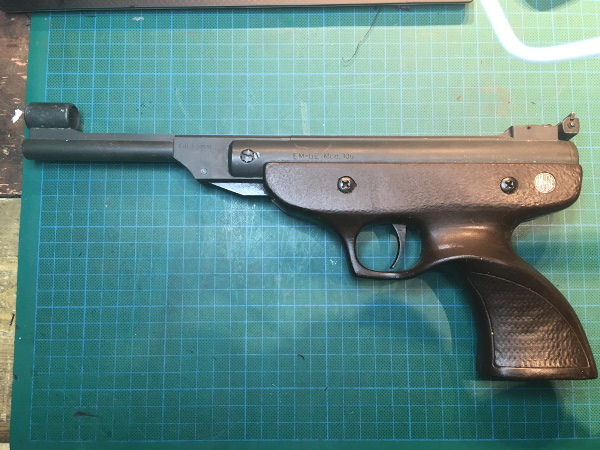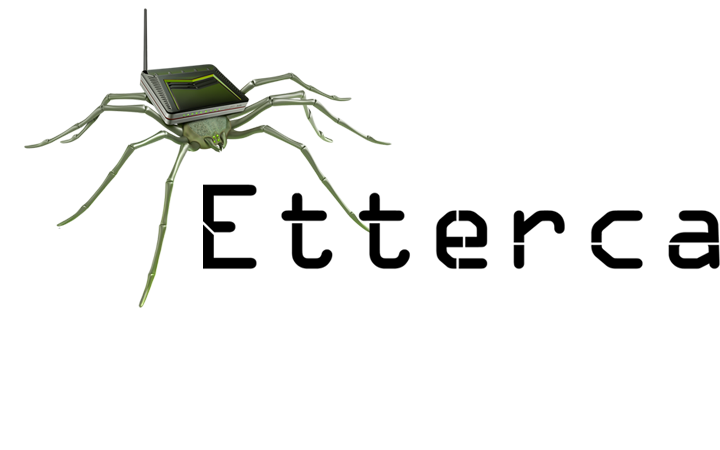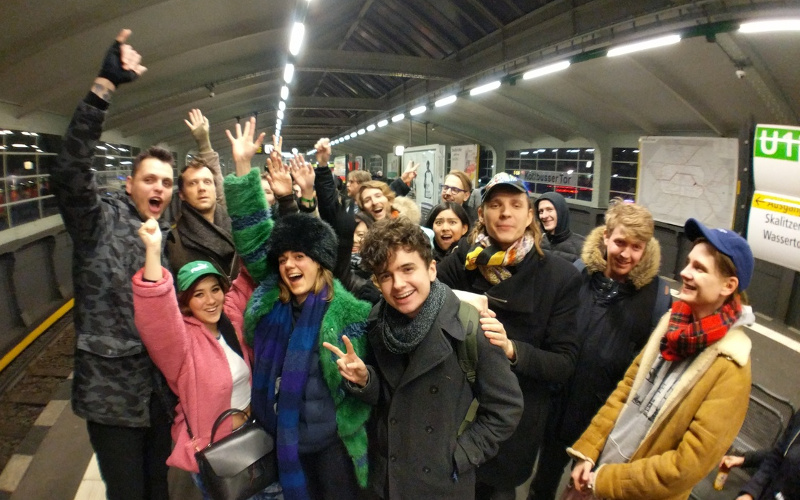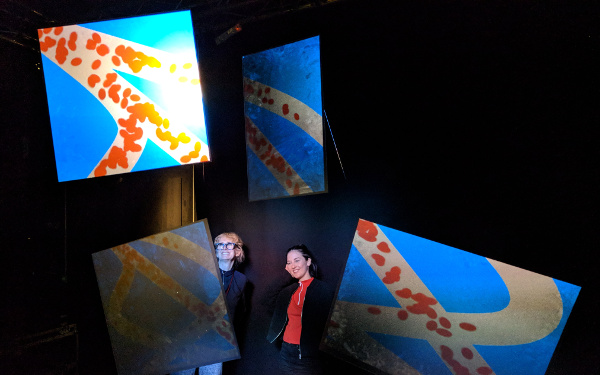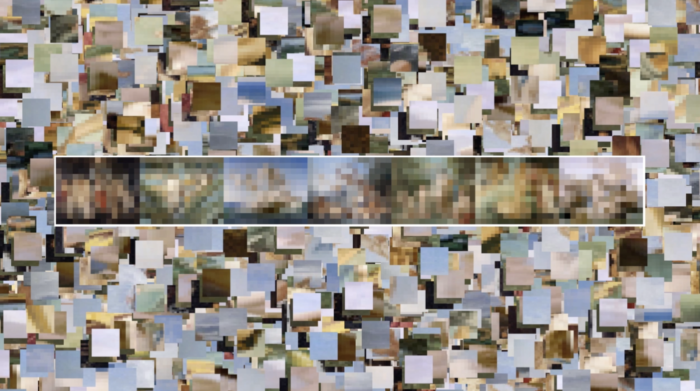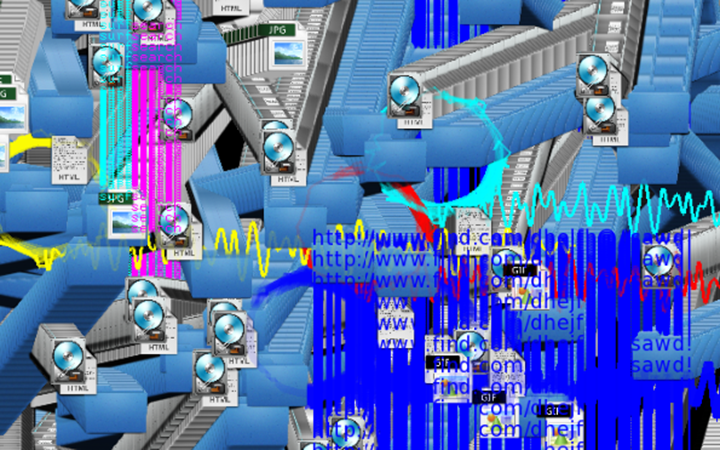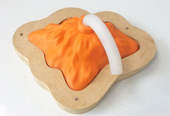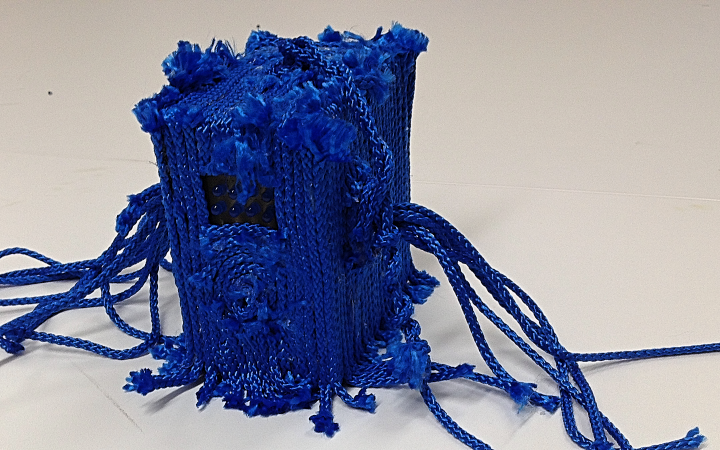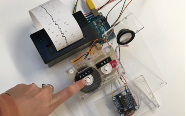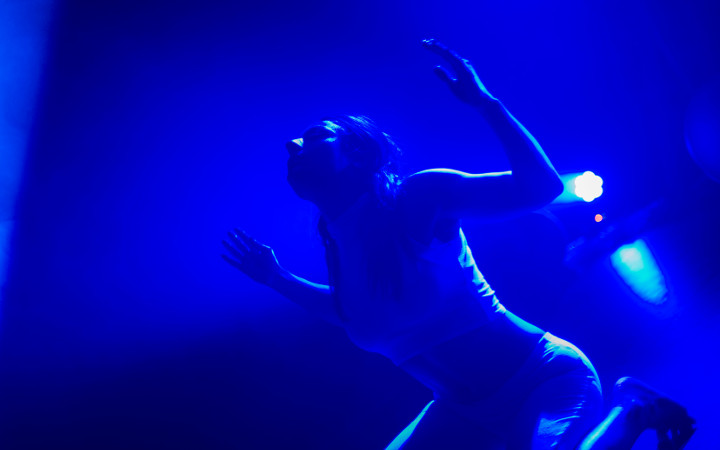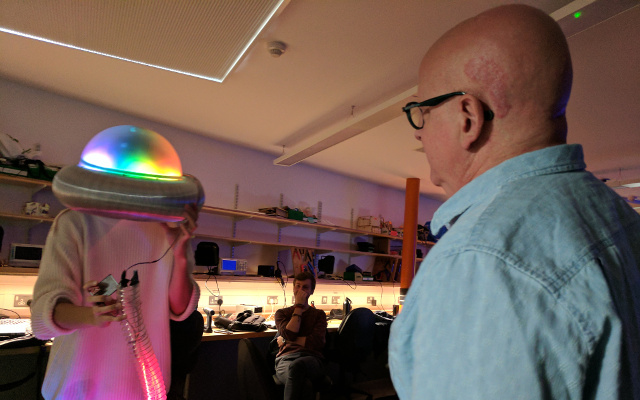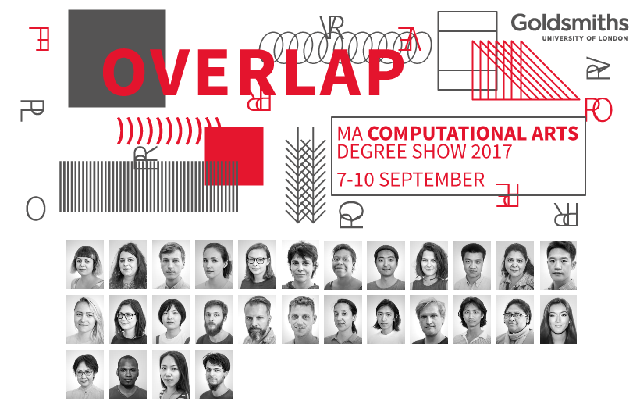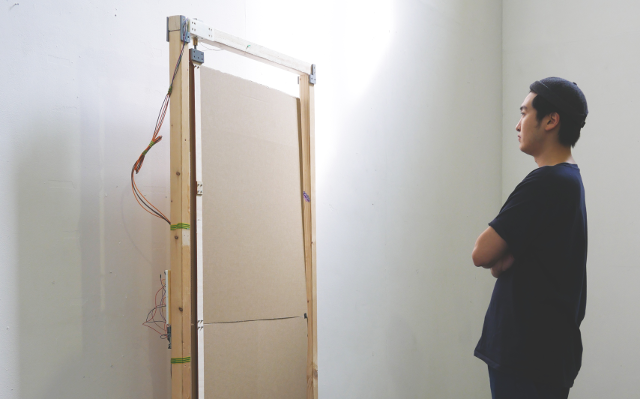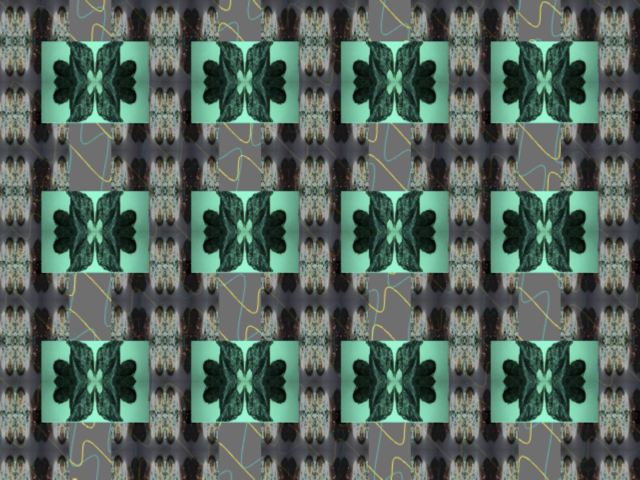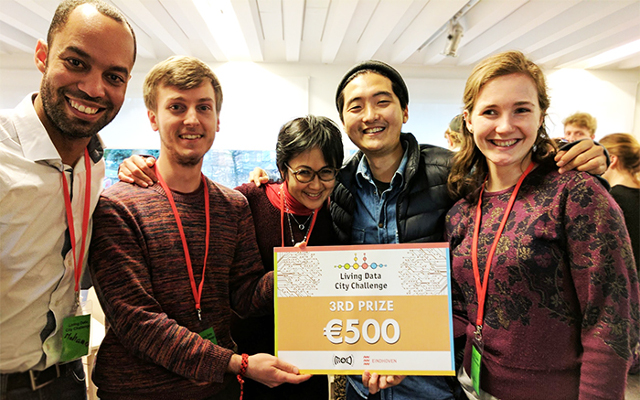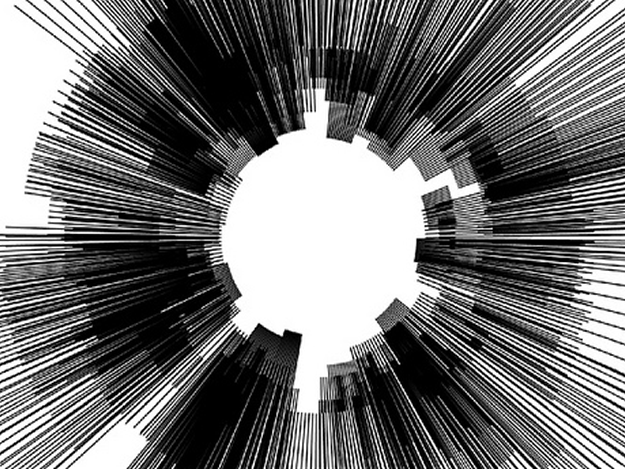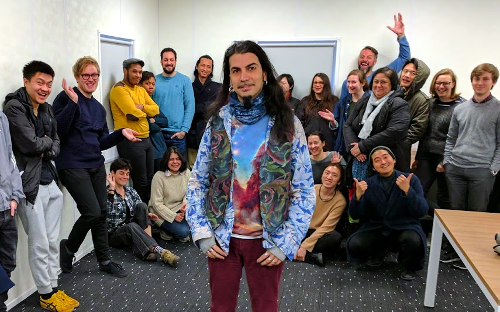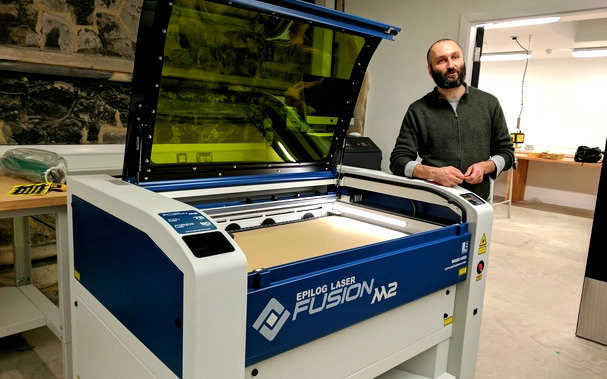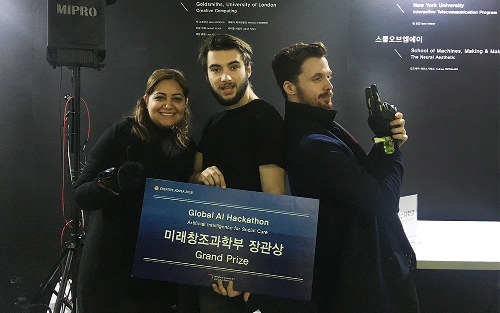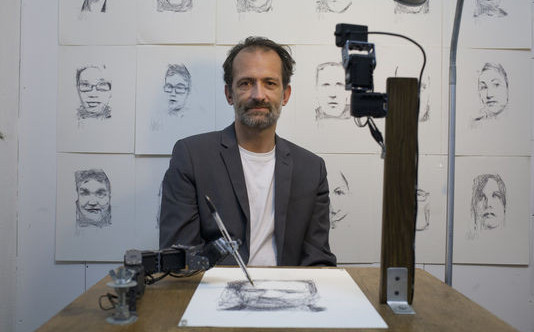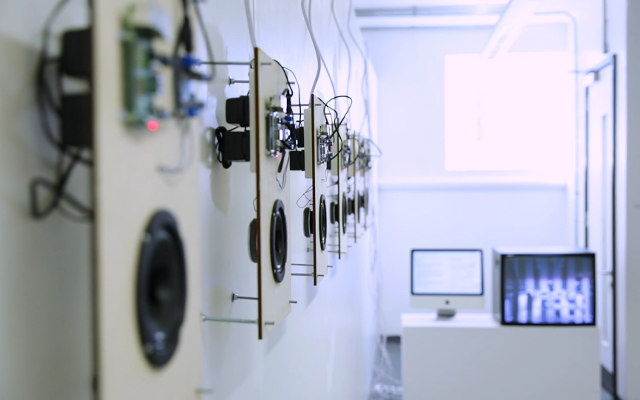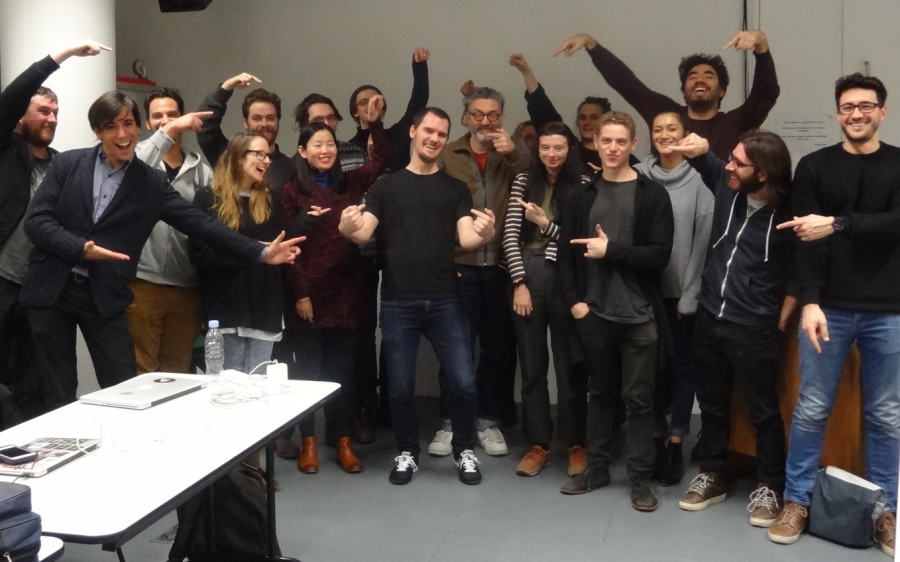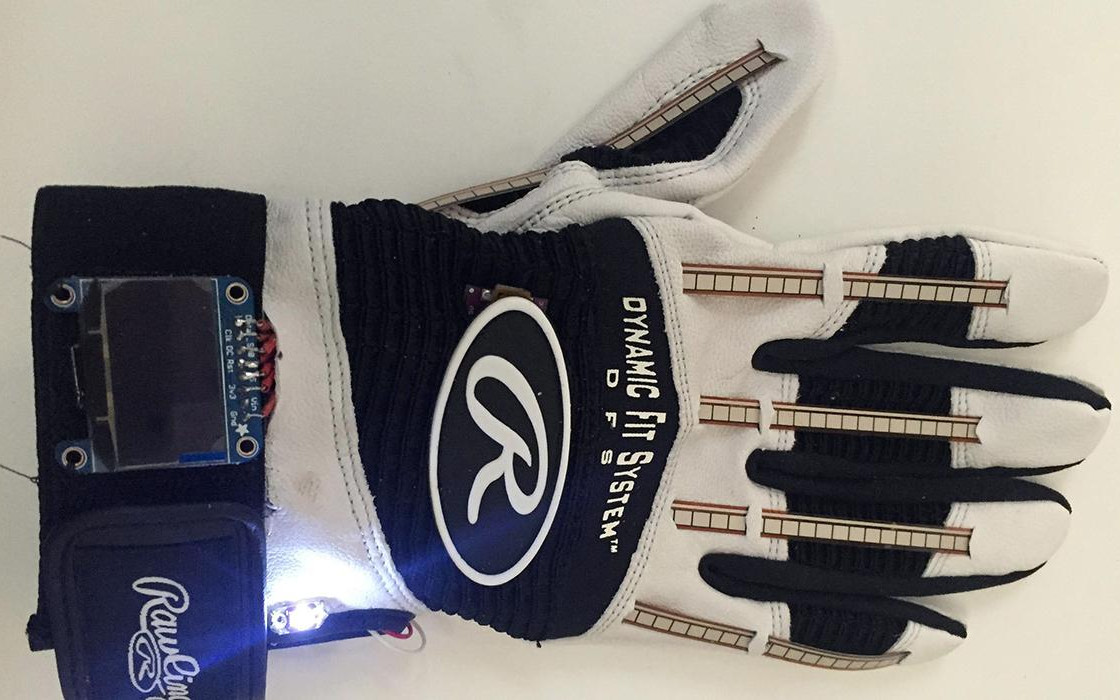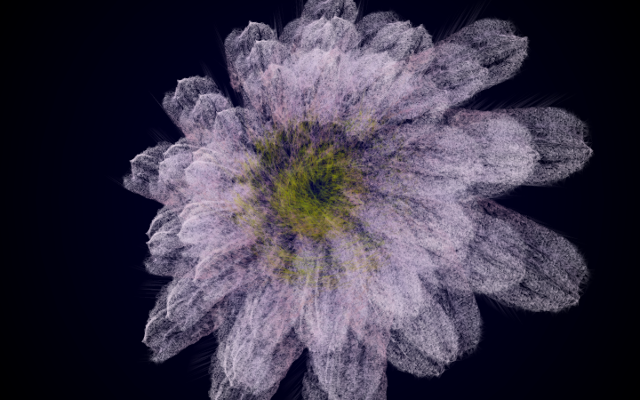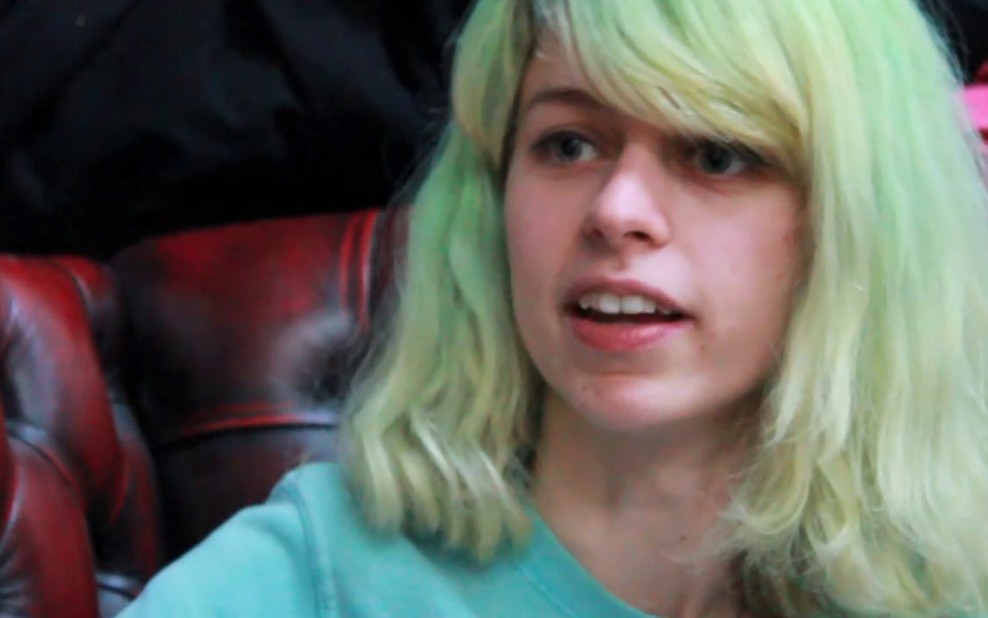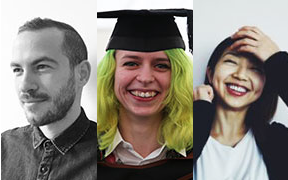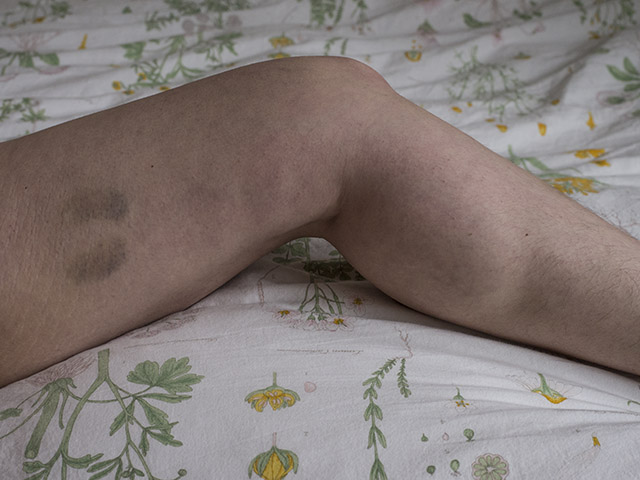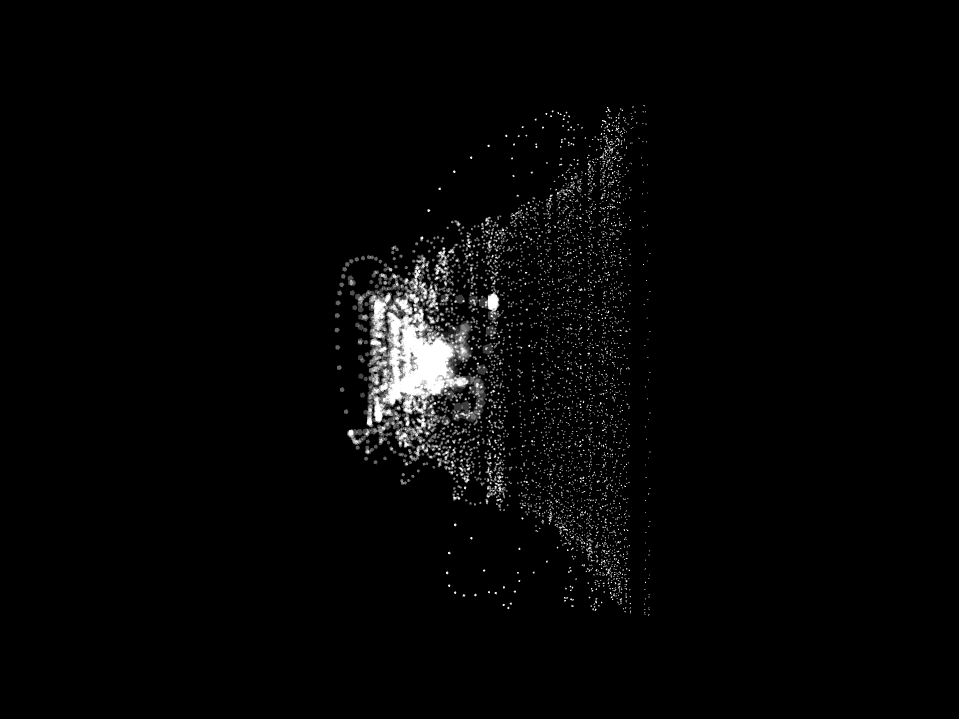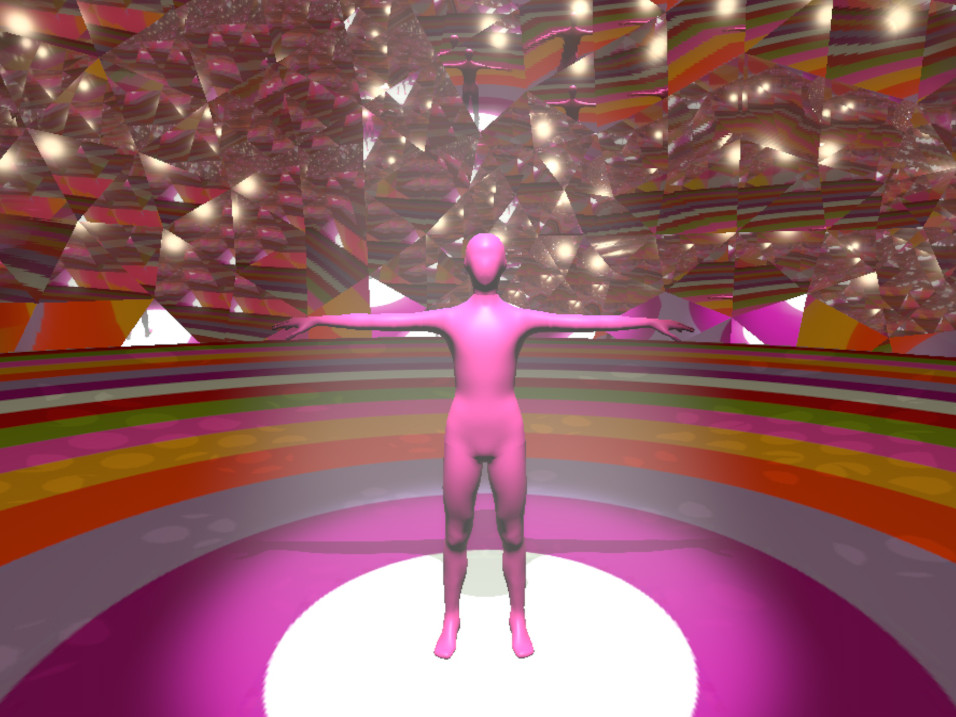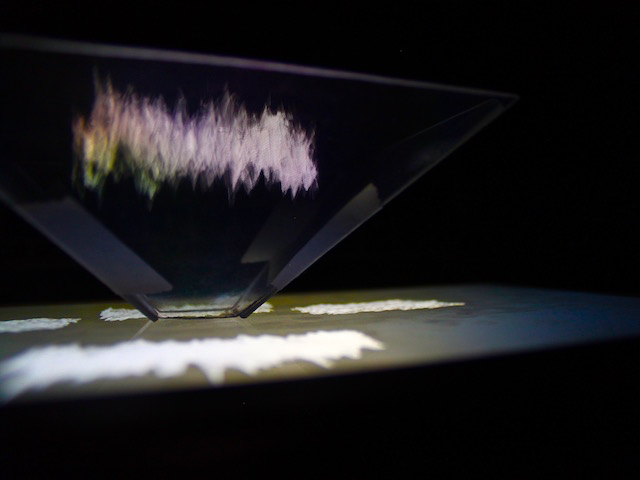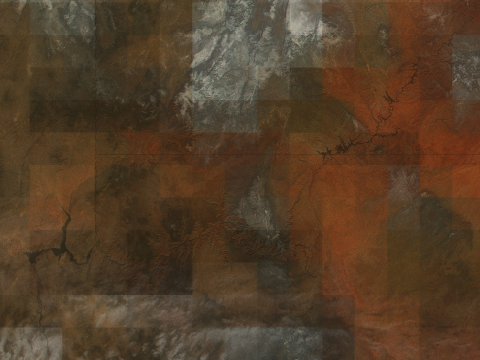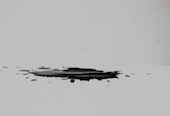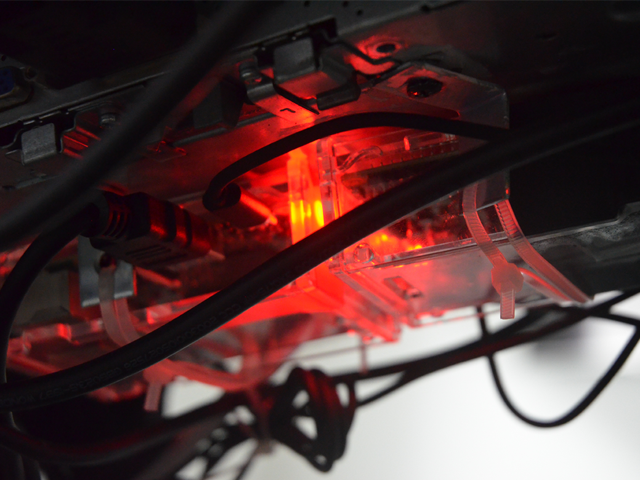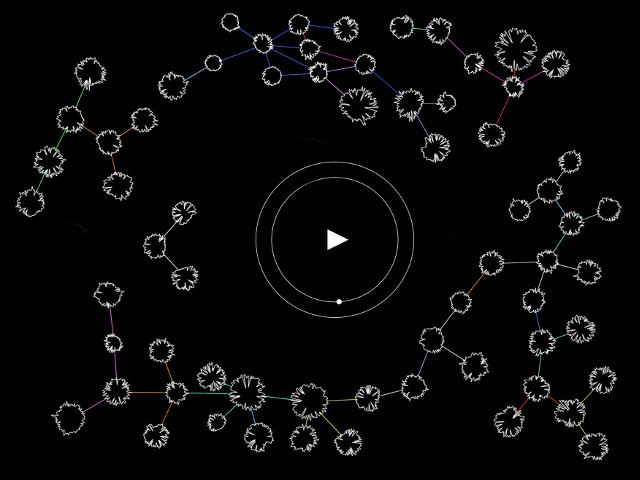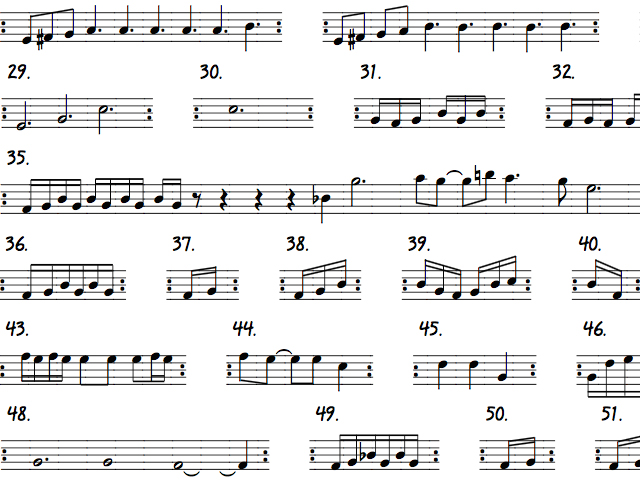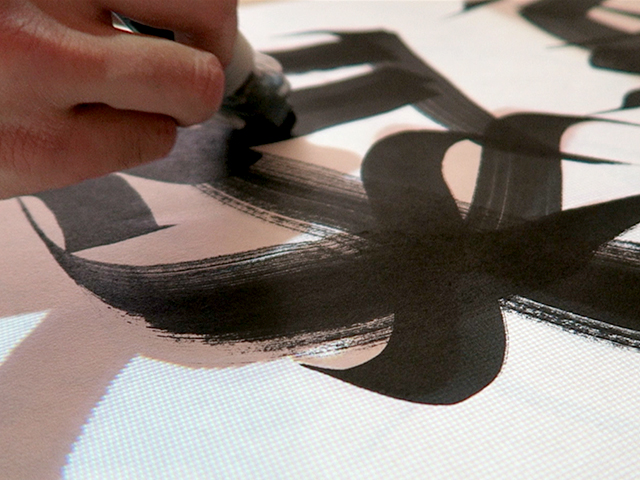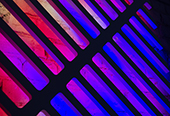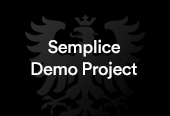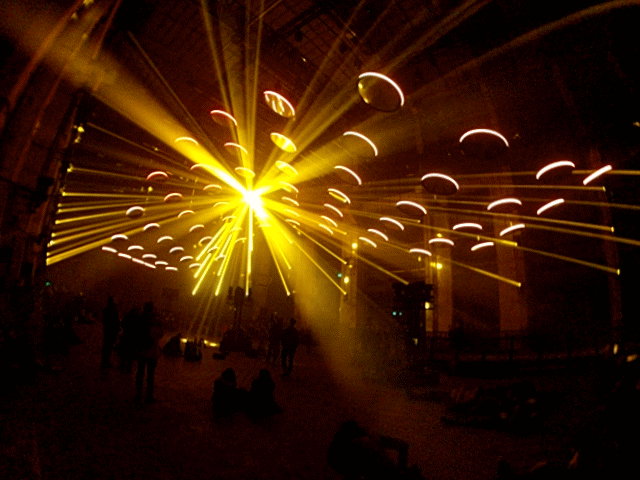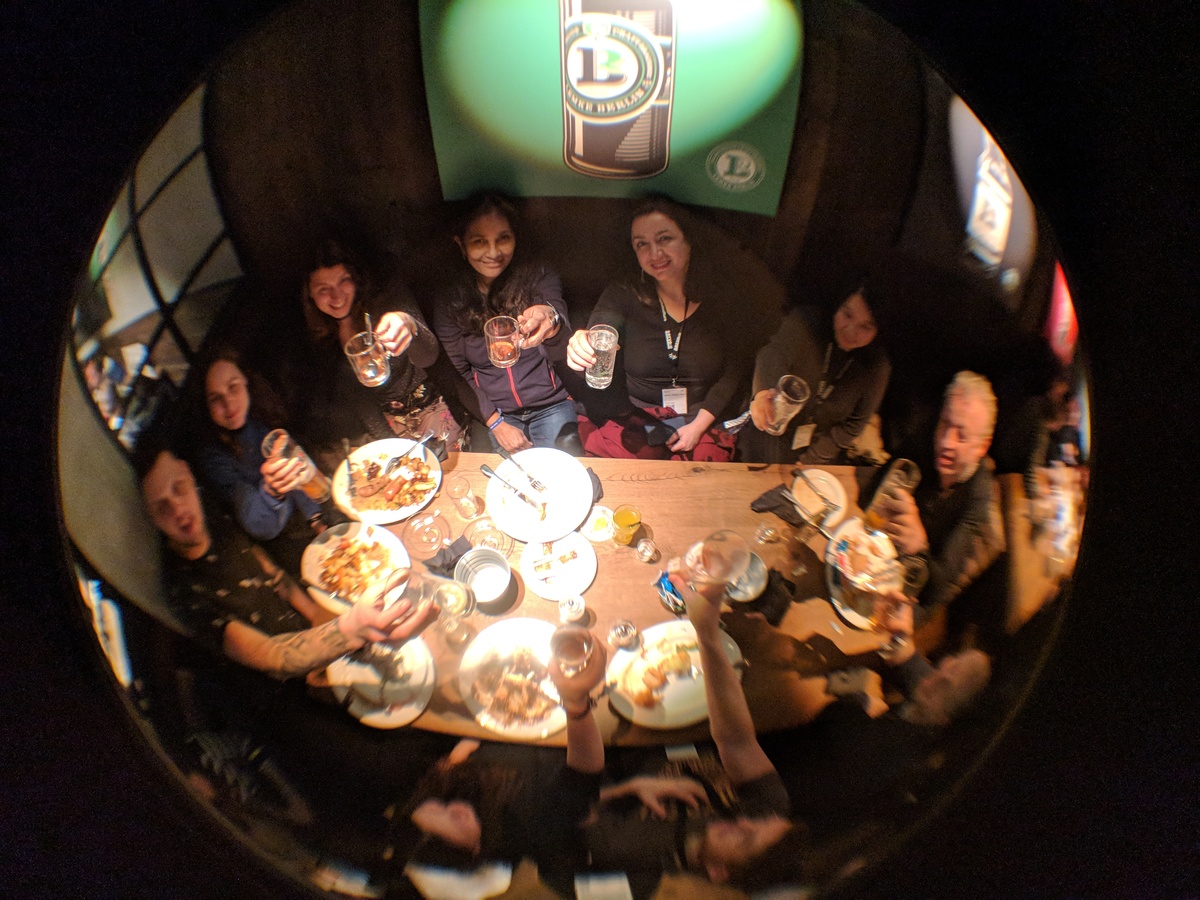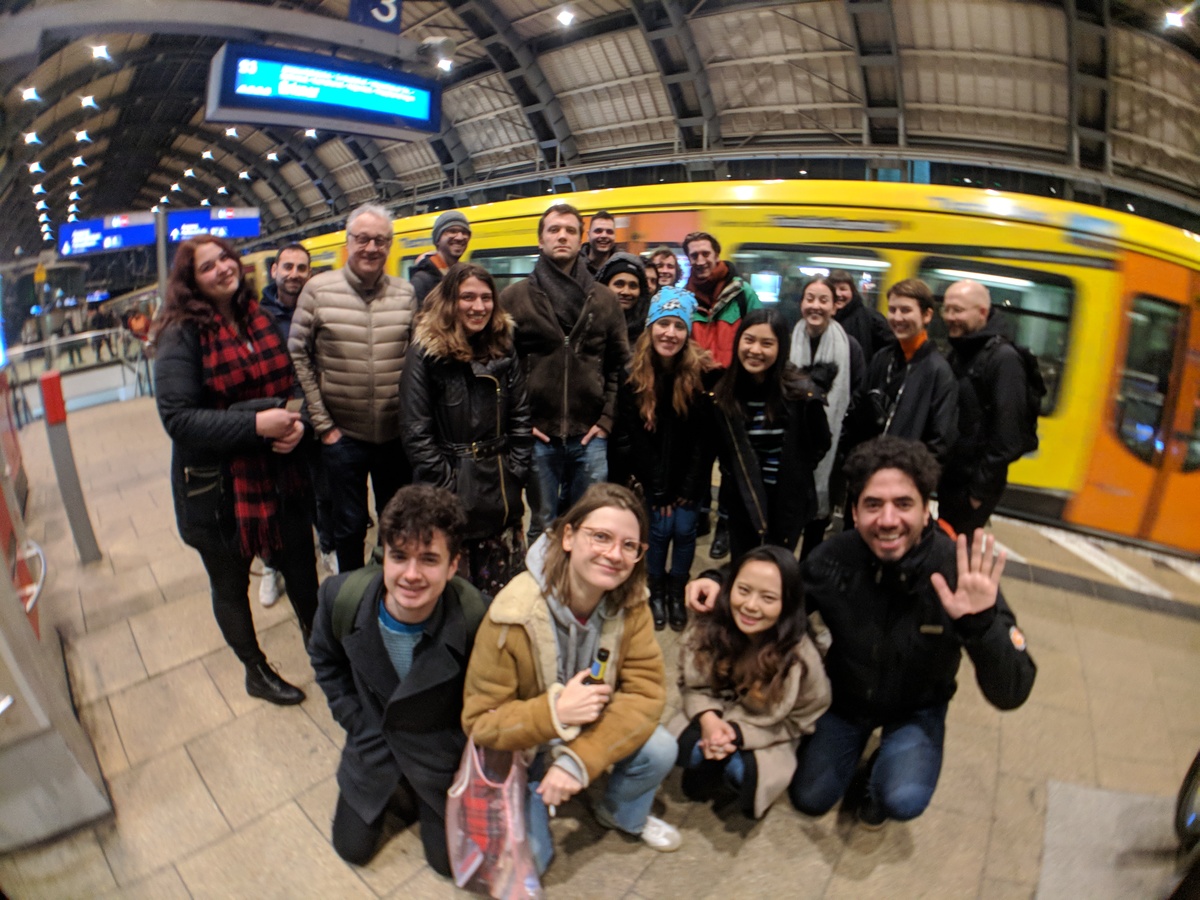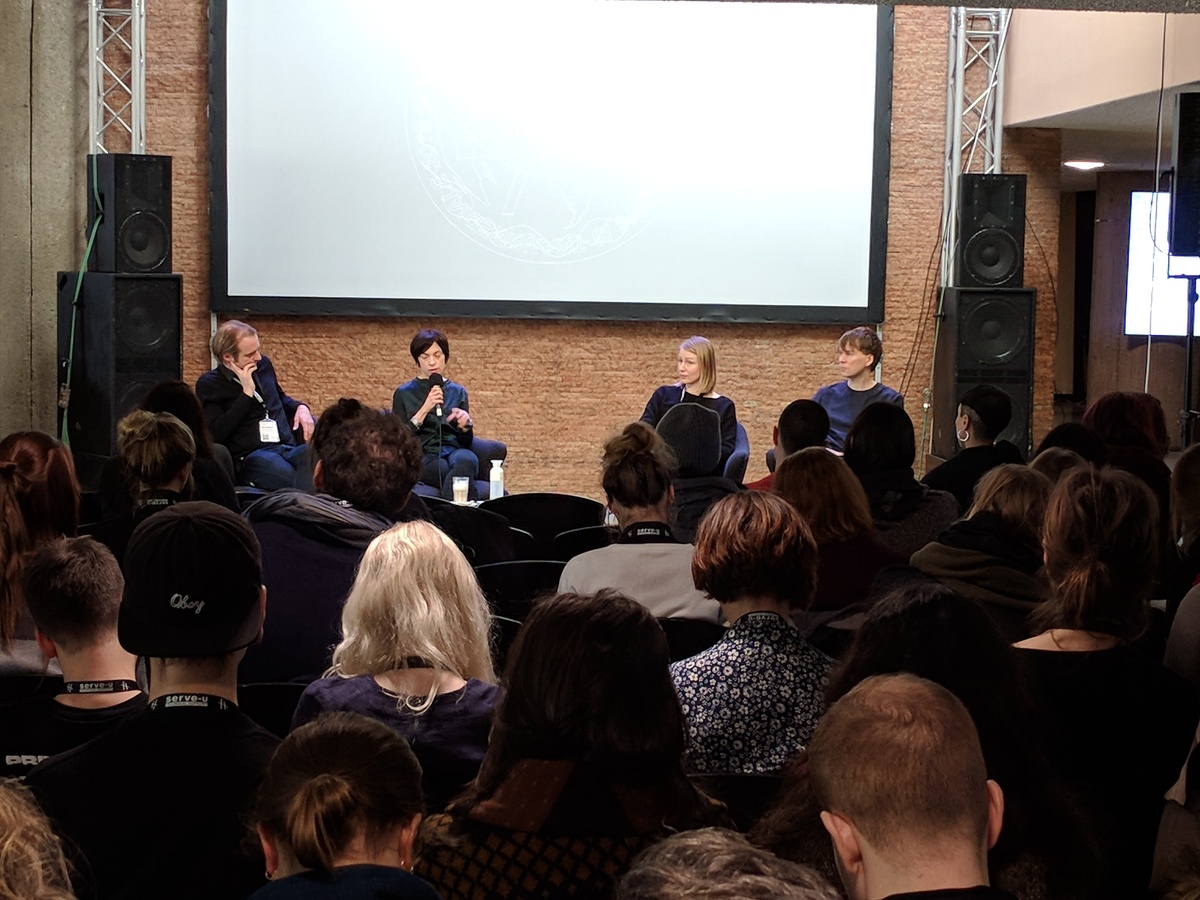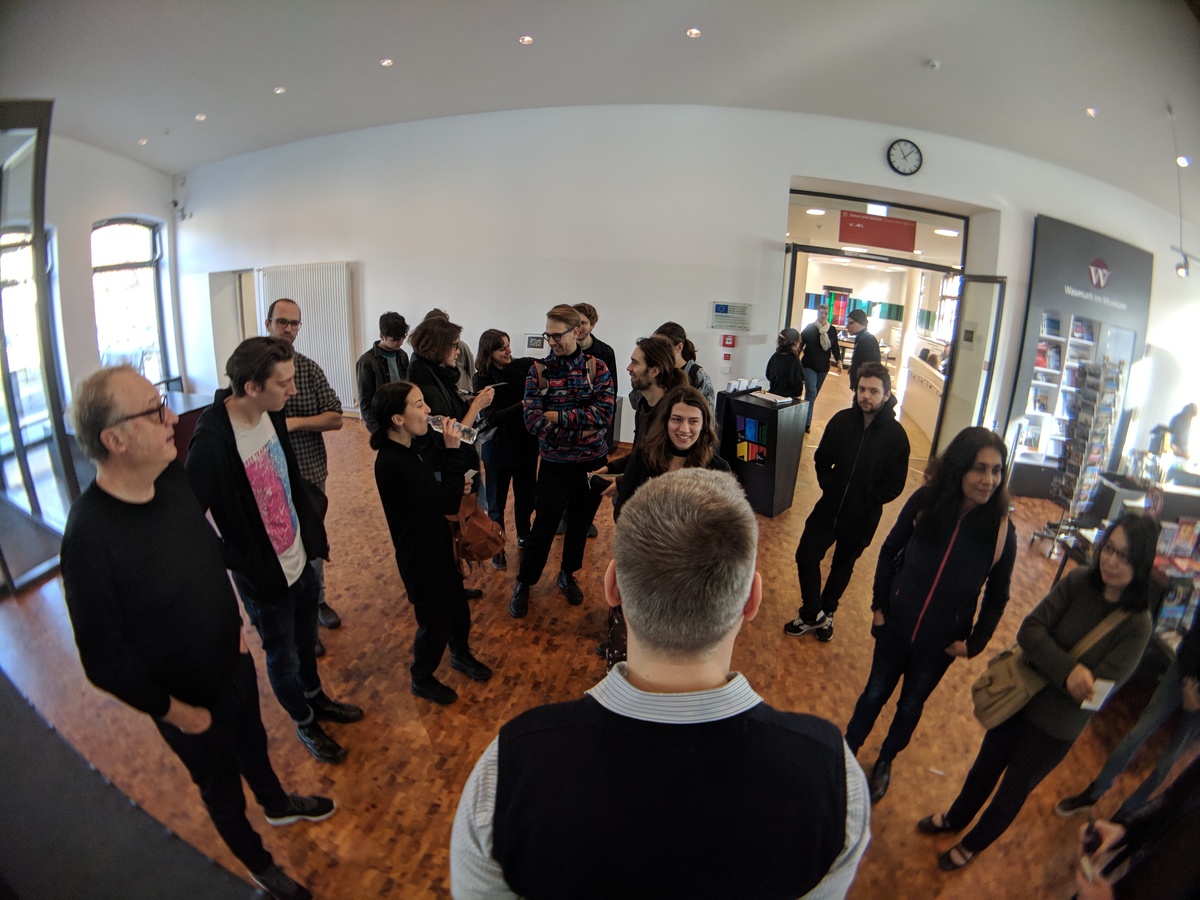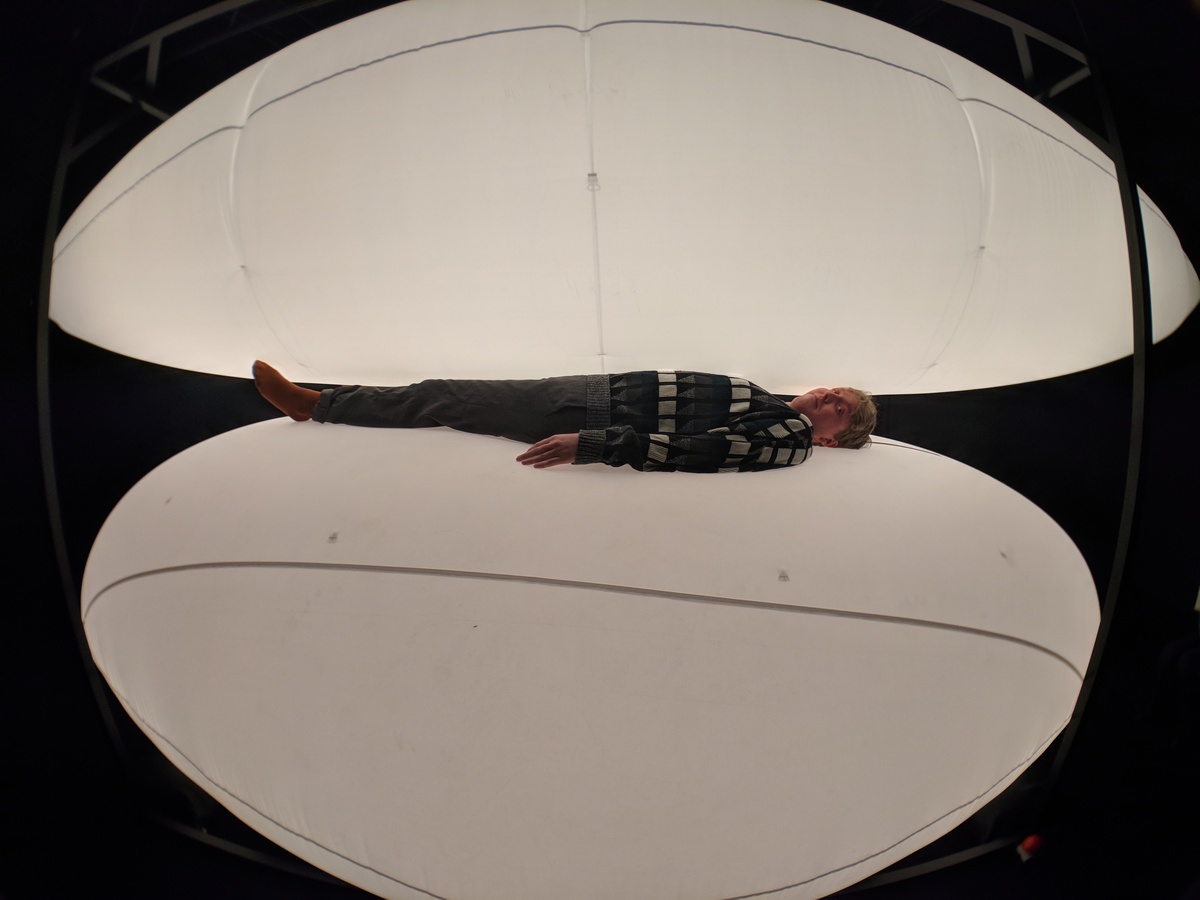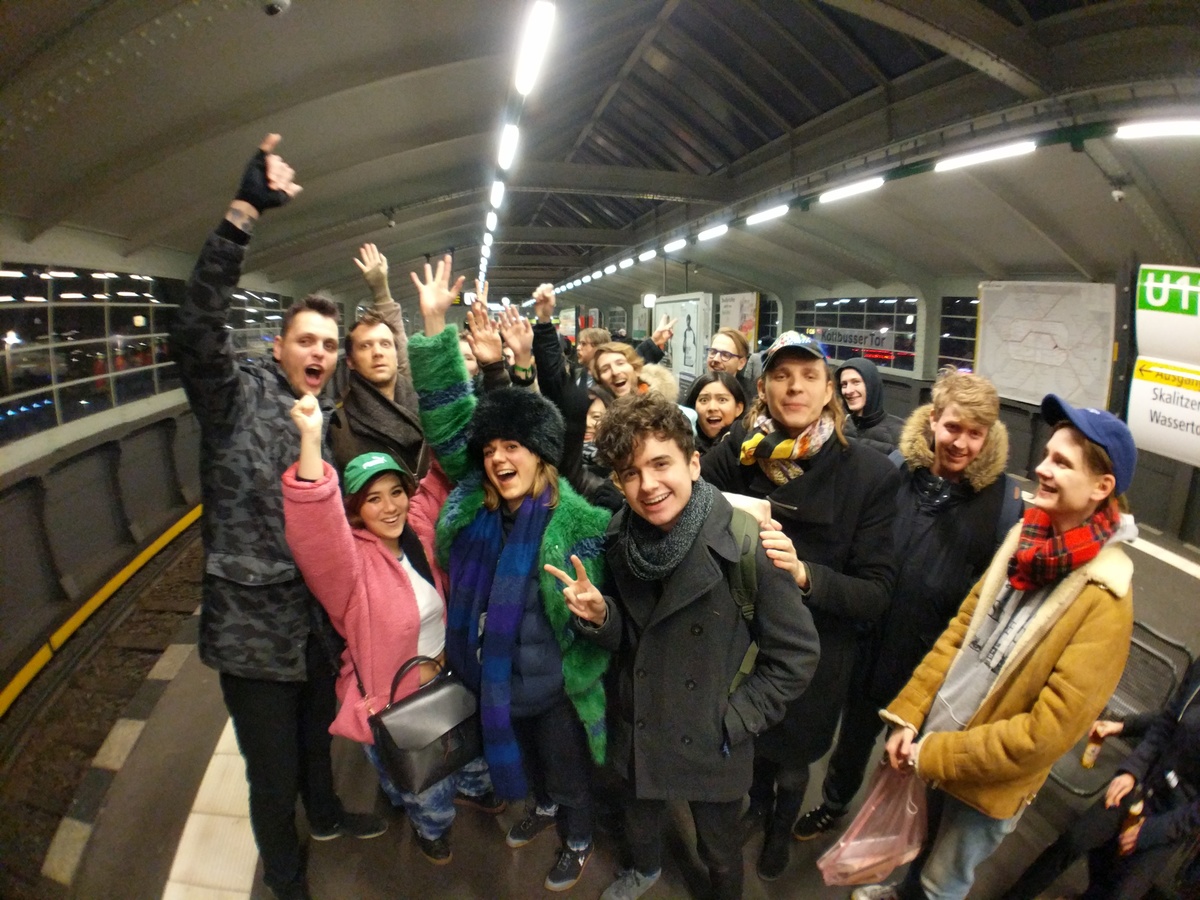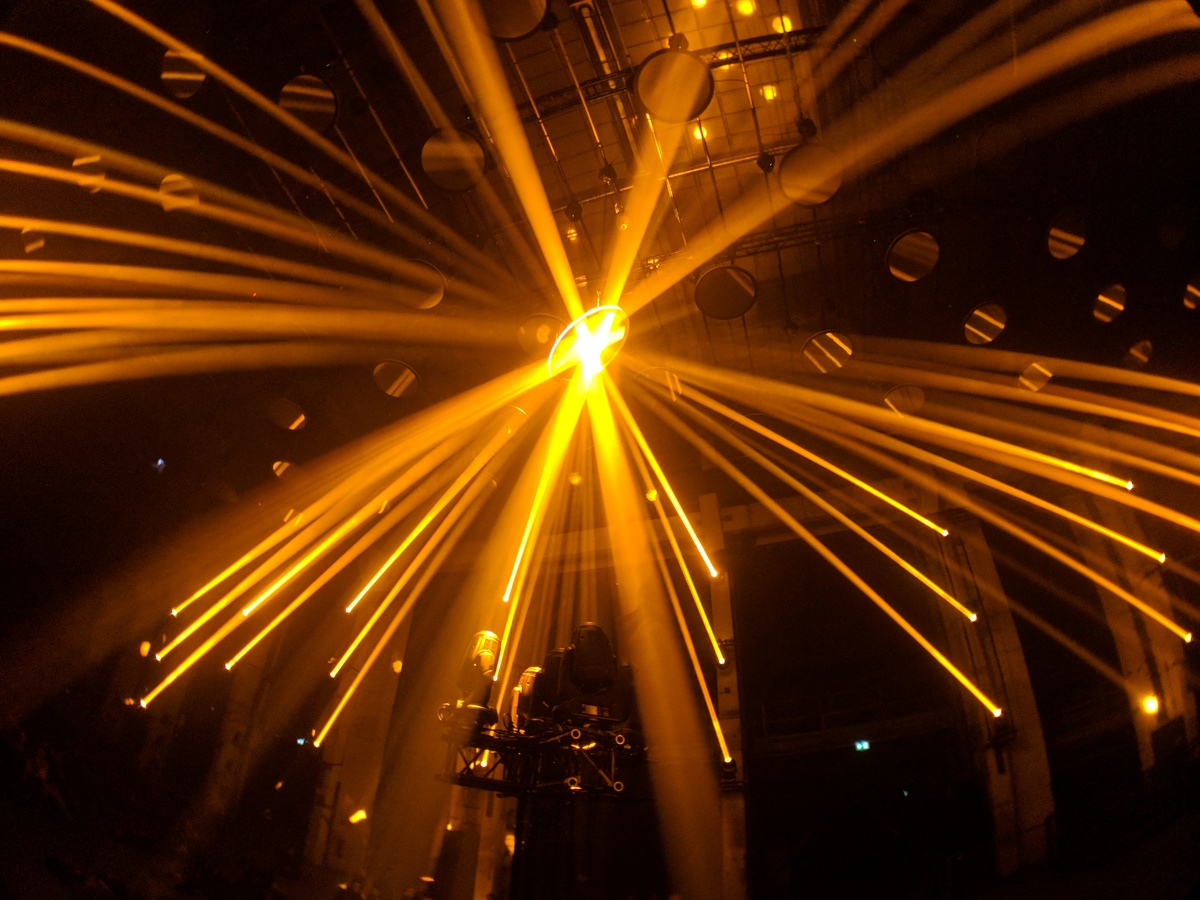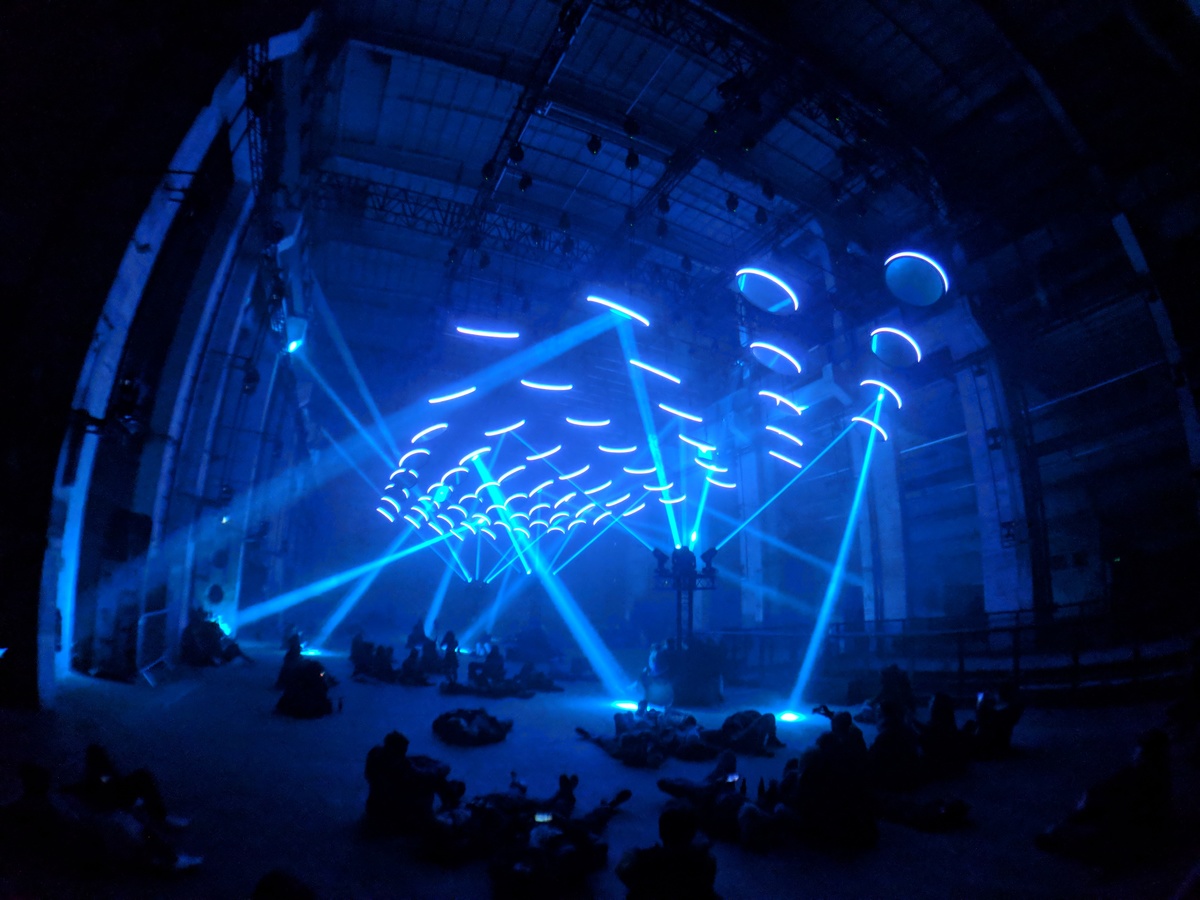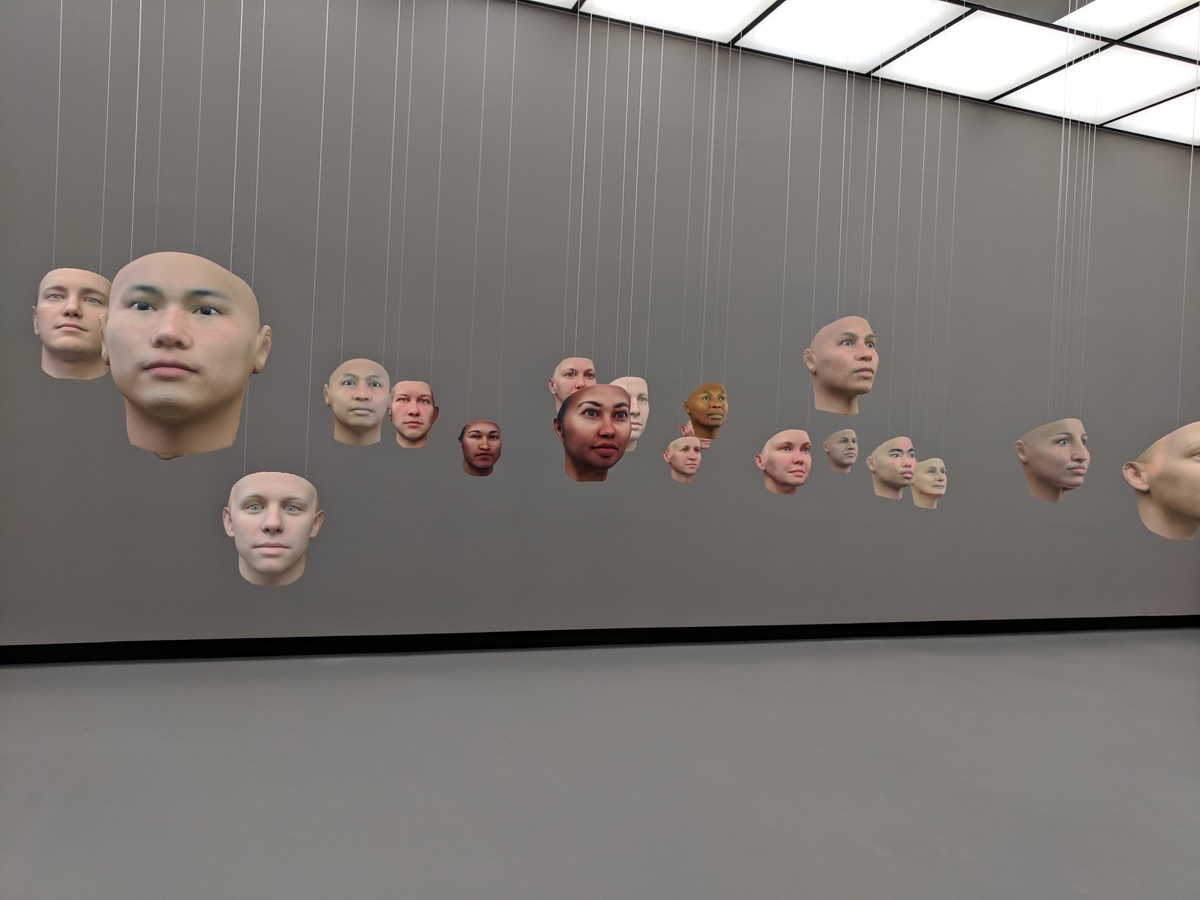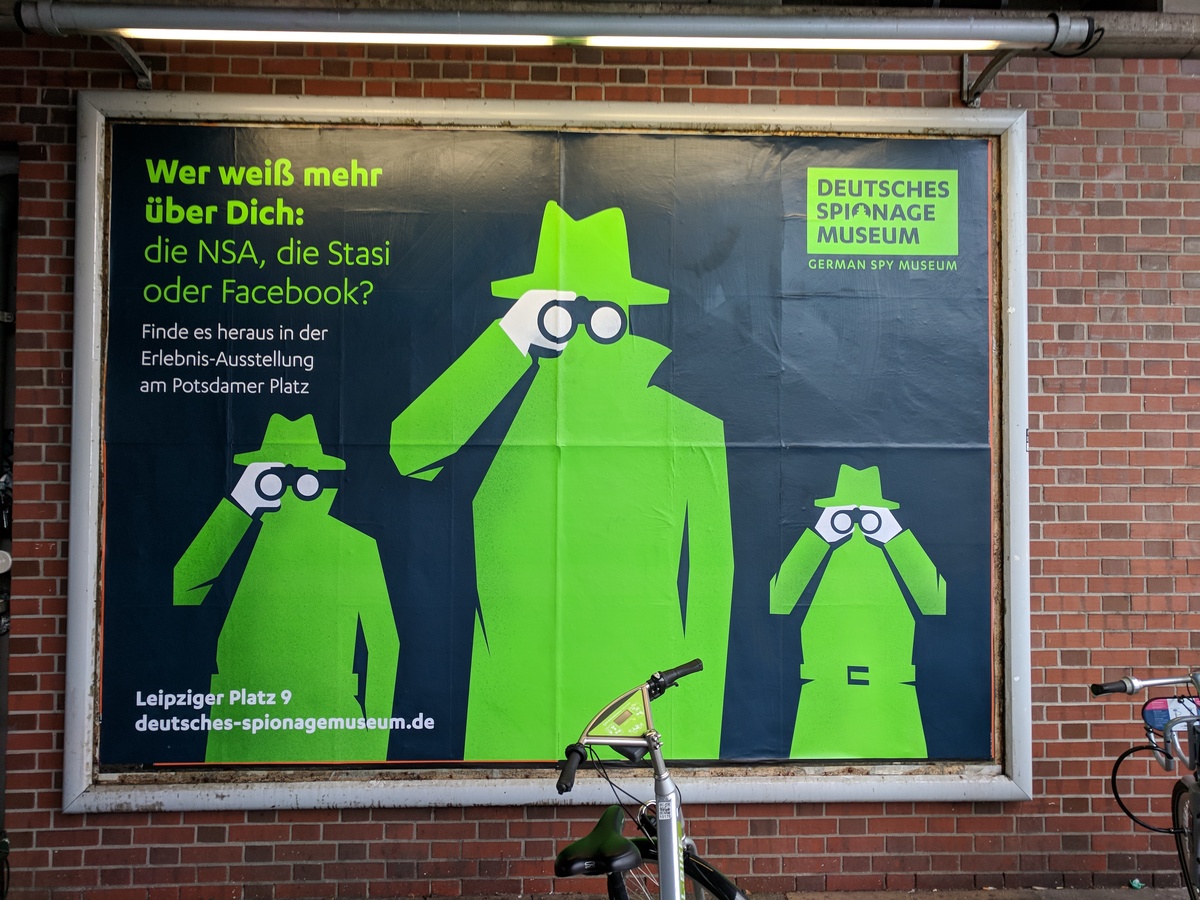Transmediale 2018
masters field trip to Berlin
What happens when a bunch of Computational Arts students pack up and set out to participate in a digital culture festival, against the backdrop of one of Europe’s most vibrant capitals?
by Teodora Fartan (cohort 2017-18 student)
Backpacks at the ready, we all gathered at train stations and airports to set out on our journey to Berlin, eager for a short break from the flow of constant coding, debugging and experimentation brought about by the first month of our second term. A somewhat late arrival to our hostel in East Berlin did not stop us from venturing out to sample the area’s eclectic mix of glamour and grit, in an atmosphere best described as a patchwork of ‘industrial’ and ‘modern’, casually jumping into focus from the occasional mural splashed over the brick wall of an ageing building.
These urban visuals were already referencing the artistic culture we were there to experience, as the art scene in Berlin seems to have evaded galleries and taken other life forms on the streets and experiences of the city, a phenomenon perhaps best summed up by David Bowie when he named Berlin “the greatest cultural extravaganza one could imagine”. Ready to be immersed into the digital side of this cultural accumulation, we arrived at Transmediale’s 2018 edition the next day, eager to see what contemporary thinkers and artists were bringing to the table.This was the final stretch, with the finish line in view, but to get to this point had taken many hours of programming and debugging. The coding was done in C++ using openFrameworks, with an open source addon called ofxPimapper. We produced animations and timed transitions, mapping them to images of the 3D shapes we wanted to use. At times it proved tricky, as ofxPimapper sometimes threw us unexpected problems. Solving these problems meant we had to be adaptable and change our designs slightly, or alter the way a piece worked. But with perseverance we managed to hack around them and produce our artworks.
A festival focused on the intersection of art, technology, research practices and their respective intermingling political dimensions, the 2018 edition of Transmediale centered itself around the idea of ‘face value’, in an effort to bring into question the values and the processes of value creation that contribute to our current media-saturated political and cultural landscapes. Acting on the belief that “taking things at face value”
Several exhibition spaces accompanied the festival, ranging from a set of thirty different 3D-printed faces reconstructed using the same DNA samples provided by Chelsea Manning to a video piece that speculates on the possible downfall of the hegemonic Internet using queer and feminist approaches, as well as digital forensic methodologies investigating the lost case of a refugee boat, or examining the propagation of hate speech on the Internet.
Perhaps the most impressive work that we came into contact with, judging in terms scale and experience, was Skalar, an art installation consisting of robotic mirrors moving in unison and reflecting light beams to create an eerie, geometric environment. With the aim of examining the range of human emotions, it succeeded in creating a hypnotizing, continuously-changing space, almost giving the impression that we were gathered under a living, breathing, mechanical being.
In between the many talks and panel discussions, we managed to sneak in a gallery visit here and there, or a walk to experience more of Berlin’s urban charm, whilst the evenings were reserved for sampling local cuisine and socializing over world-renowned German beers. Overall, our trip to Transmediale was an engrossing experience, both in terms of the diverse critical modes of thinking we encountered and the many artistic facets of Berlin culture that we came into contact with – and hopefully an inspiring one, particularly in terms of how we perceive and cast our own values as artists – as Transmediale’s tagline states, ‘things are what they are—but could they be different?’


